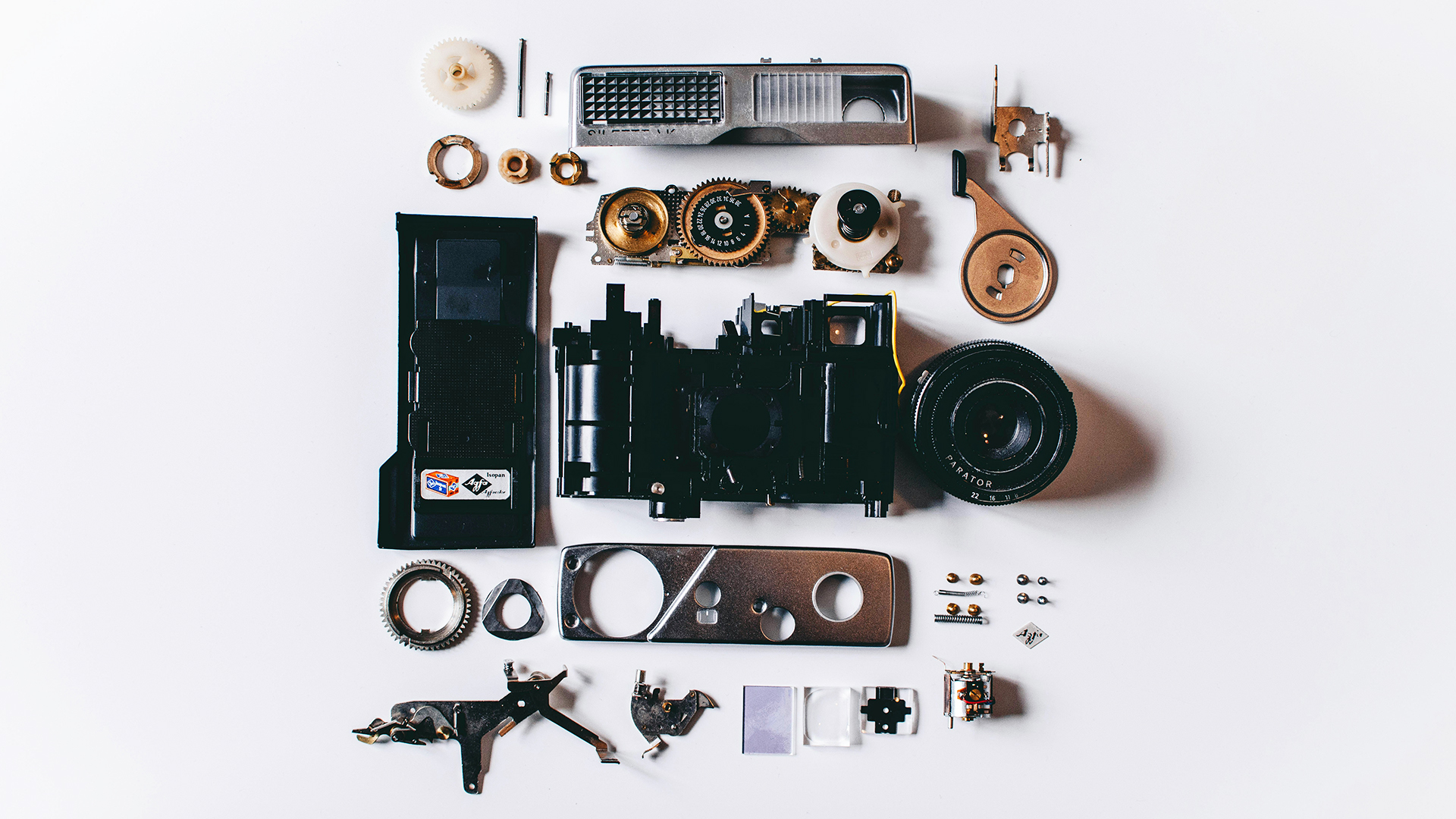Section of Design for Sustainability
The research within the Section of Design for Sustainability (DfS) is driven by the need to integrate sustainability considerations into systems, the built environment, products and services, within companies and society, plus the need to ensure the design of sustainable production and consumption systems.

The Section’s research combines deep theoretical studies with highly applied action research methodologies, aiming at contributing both to basic knowledge on Design for Sustainability and to ensure its implementation into industry and society, at large.
Solutions to societal challenges
The research within the Section is focused on seven sustainability areas:
- Design for Sustainability (including ecodesign, sustainability maturity, sustainability screening, trade-off management for sustainability deployment, design for disassembly of buildings)
- Circular Economy, CE (including product/service-systems, eco-innovation, CE readiness, business processes for CE, take-back systems, value chain collaboration)
- Reboundless Design (including identification of rebound effects, quantification and simulation, rebound prevention by design, system dynamics, agent-based modelling)
- Absolute Sustainability (including science-based targets, design within biophysical boundaries, company boundaries, product boundaries)
- Business Innovation for Sustainability (including life cycle economics, sustainable business models)
- Sustainability Transitions (including system dynamics, transition theory)
- Remanufacturing (including Design for Remanufacturing, remanufacturing process design, disassembly & reassembly techniques)
The Section of Design for Sustainability (DfS) is one of the Founding groups behind DTU’s Centre for Absolute Sustainability, which has the mission of bringing together leading competences in technology research and sustainability assessment to foster research and innovation that enables fact-based and strategic sustainability decision-making and implementation in Denmark and the world.
Our research within the Section comprises numerous projects, ranging from Danish projects supported by the Innovation Foundation and Industry Foundation, through Nordic projects financed by NordForsk and Nordic Innovation, to European frameworks such as the EuroTech Alliance, the Horizon Europe programme and the European Research Council. In addition, we are active in a host of national and organisations, such as the Manufacturing Academy of Denmark (MADE), the Design Society and the System Dynamics Society.
The Section contributes with teaching and supervision within all of DTU’s educational channels, including Bachelor, Diploma, Masters, PhD and Executive (lifelong learning) degrees. Topics taught reflect our research and we cover numerous study lines offered by DTU.
Contact
Tim C. McAloone Head of Section, Professor Phone: +45 45256270 tmca@dtu.dk